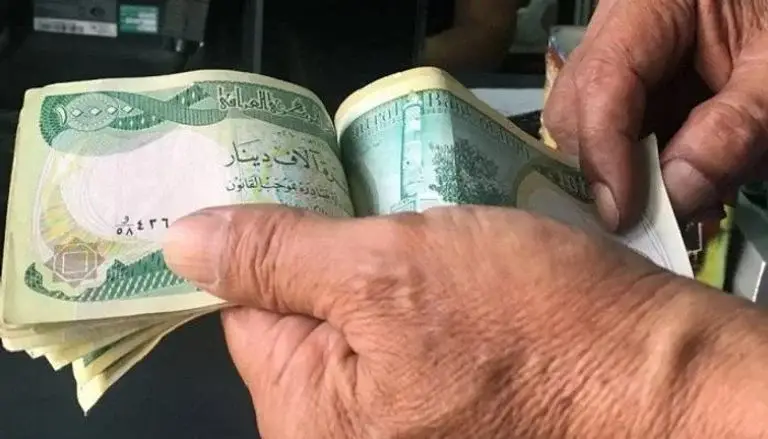
IraiIraIIIIIIIIIIIraqi relies heavily on oil, which exposes it to the risk of fluctuations that may occur in the price of a barrel, but it nevertheless has a stable future, according to Moody’s credit rating agency. Today, the agency maintained Iraq’s rating at CAA1 with a stable outlook, and also kept the country’s local and foreign currency ceiling unchanged. Moody’s says that the rating reflects Iraq’s financial and external dependence on hydrocarbons, which leads to its significant exposure to oil price fluctuations and the risks of transitioning away from carbon.
The agency expects that the escalation of the conflict between Israel and Hamas and the intervention of Iran and America will have fundamental repercussions on Iraq through many transmission channels. Measures to support the dinar In the middle of this month, Iraq approved a package of measures to address the exchange rate difference, which included regulating imports and ensuring the entry of the largest number of merchants and importers to the foreign currency sales window by facilitating account opening procedures, deposit operations, and other procedures. The government also issued a series of measures to develop electronic payment systems and reduce dependence on cash. The Iraqi government held discussions with the Central Bank of Iraq to facilitate procedures related to Iraqi banks importing the (cash) dollar.
Iraq relies heavily on imports to meet its needs, which increases the demand for the dollar. During the past months, the country expanded the procedures for relying on the local currency in transactions with the aim of supporting the dinar, including the obligation to pay wages and salaries of foreign workers in dinars. Last May, the Iraqi Ministry of Interior obligated merchants and others to use the dinar instead of the dollar in transactions. The Central Bank of Iraq is the primary source of the dollar and other foreign currencies for various transactions in the country, and the bank provides an electronic platform for importers, traders, citizens and investors to carry out foreign transfers, with the aim of controlling the dinar’s exchange rate against the dollar and eliminating the parallel market.
End